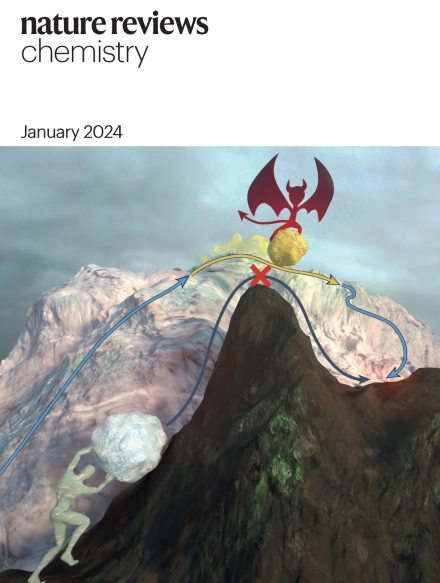人工智能时代评论写作的未来。
IF 51.7
1区 化学
Q1 CHEMISTRY, MULTIDISCIPLINARY
引用次数: 0
摘要
由大型语言模型驱动的代理工作流开始帮助化学家进行文献检索、总结和大纲起草。尽管它们仍然无法取代专家的洞察力,但这些系统有望重塑评论的准备方式——将人类的角色从详尽的策展人转变为创造性的合成器,由智能的、永远在线的评论助手赋予权力。本文章由计算机程序翻译,如有差异,请以英文原文为准。

The future of reviews writing in the AI era
Agentic workflows powered by large language models are beginning to assist chemists in literature search, summarization, and outline drafting. Though they remain unable to replace expert insight, these systems promise to reshape how reviews are prepared — shifting the human role from exhaustive curator to creative synthesizer, empowered by intelligent, always-on review-copilots.
求助全文
通过发布文献求助,成功后即可免费获取论文全文。
去求助
来源期刊

Nature reviews. Chemistry
Chemical Engineering-General Chemical Engineering
CiteScore
52.80
自引率
0.80%
发文量
88
期刊介绍:
Nature Reviews Chemistry is an online-only journal that publishes Reviews, Perspectives, and Comments on various disciplines within chemistry. The Reviews aim to offer balanced and objective analyses of selected topics, providing clear descriptions of relevant scientific literature. The content is designed to be accessible to recent graduates in any chemistry-related discipline while also offering insights for principal investigators and industry-based research scientists. Additionally, Reviews should provide the authors' perspectives on future directions and opinions regarding the major challenges faced by researchers in the field.
 求助内容:
求助内容: 应助结果提醒方式:
应助结果提醒方式:


